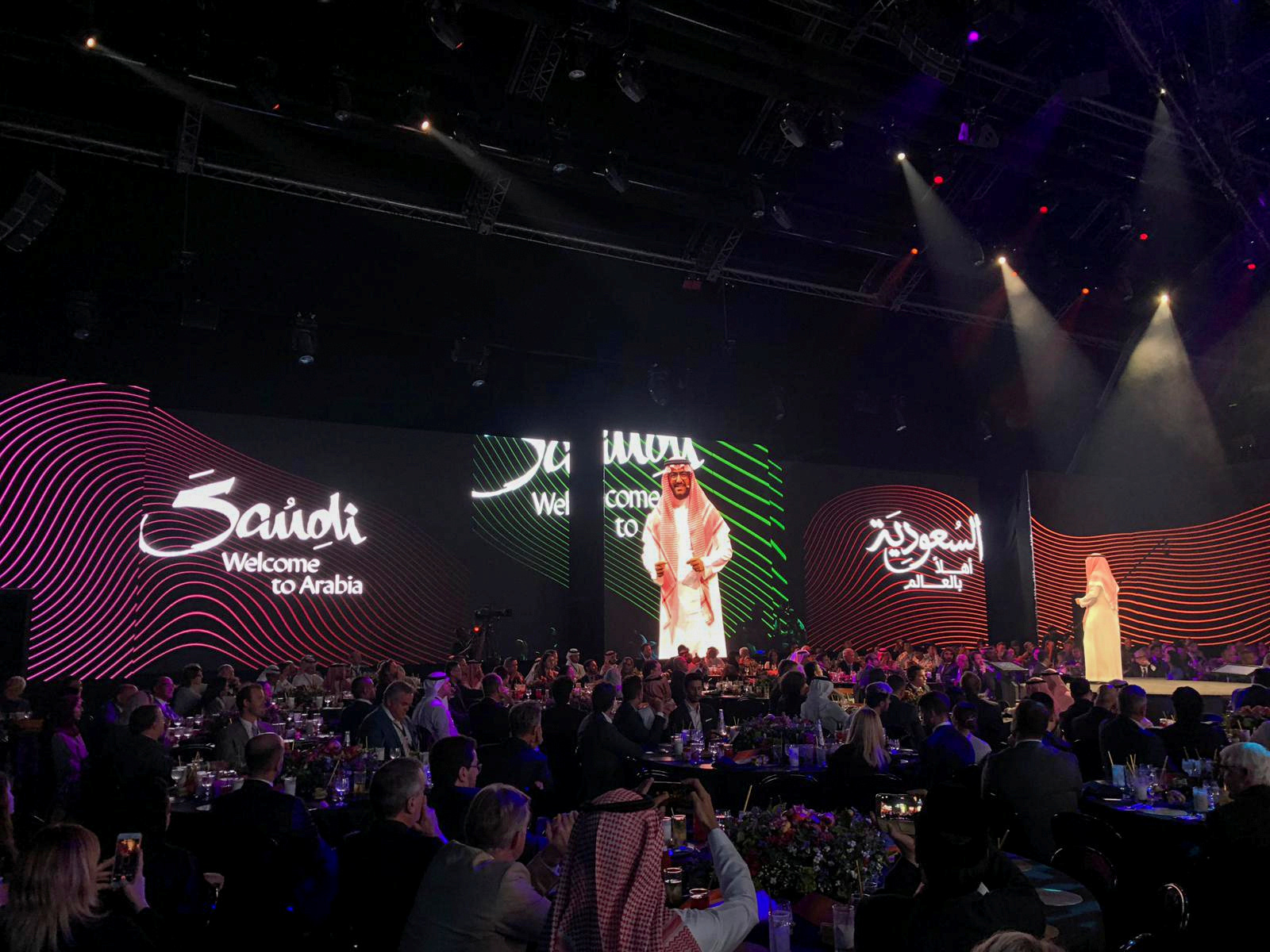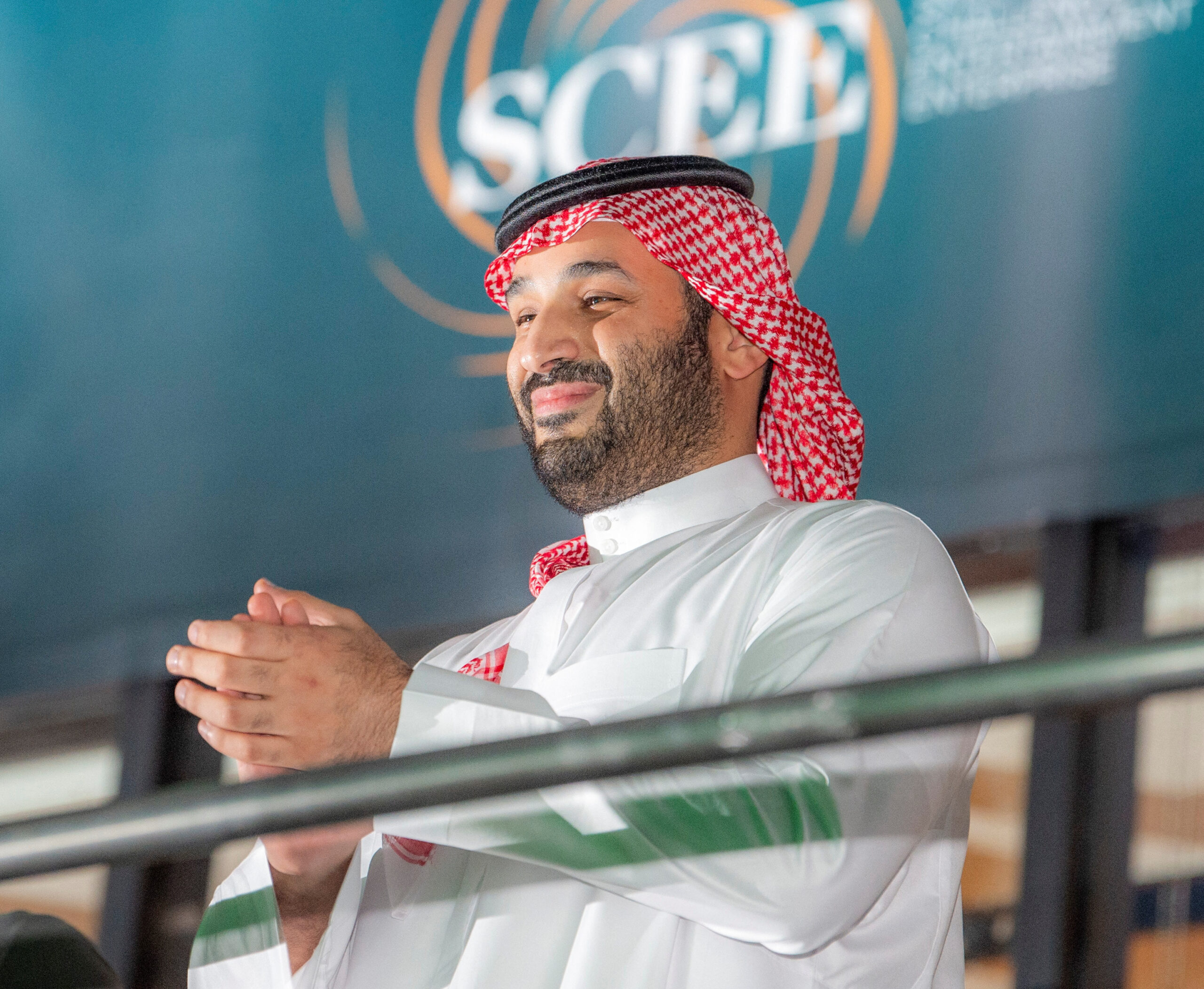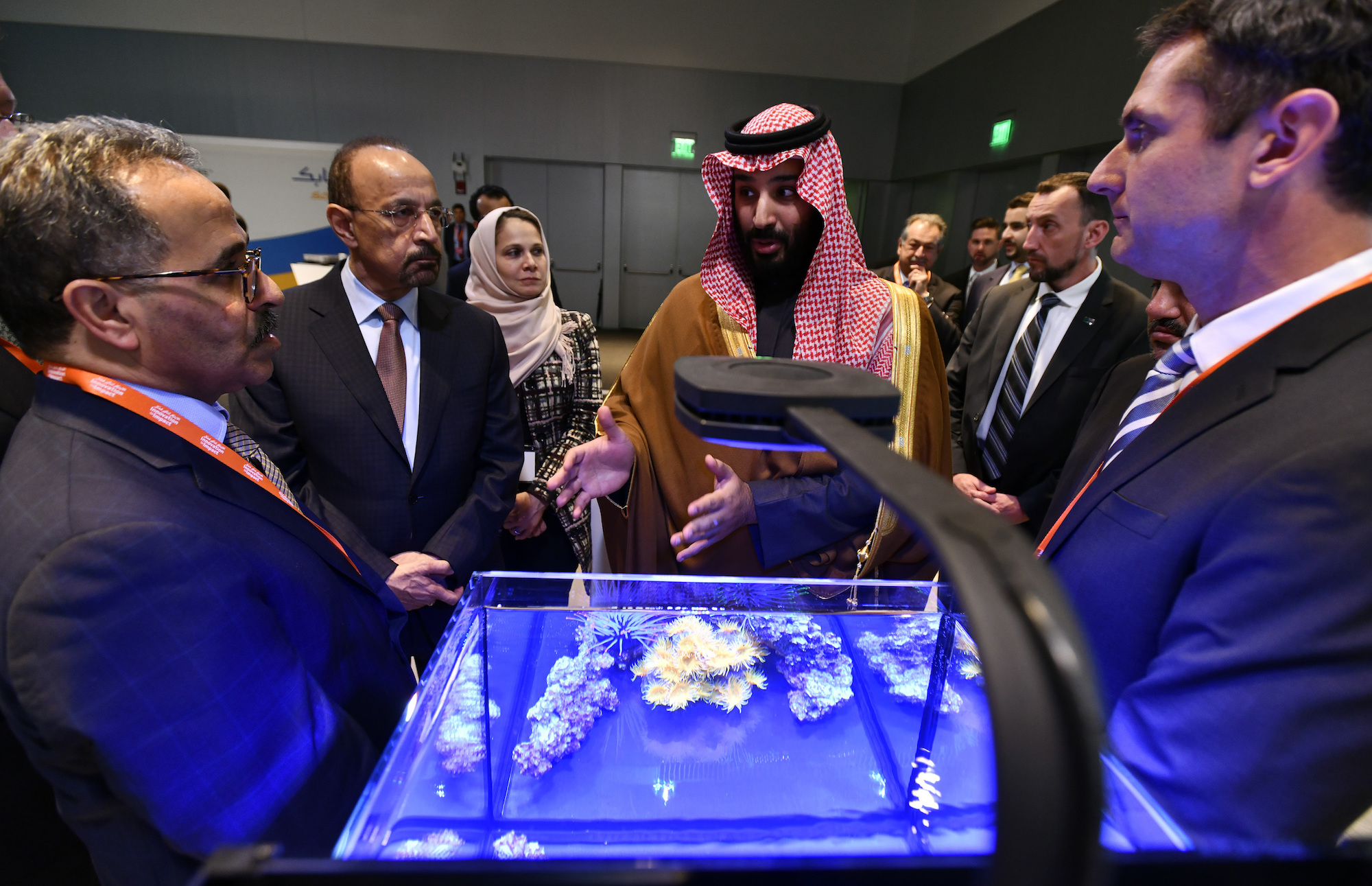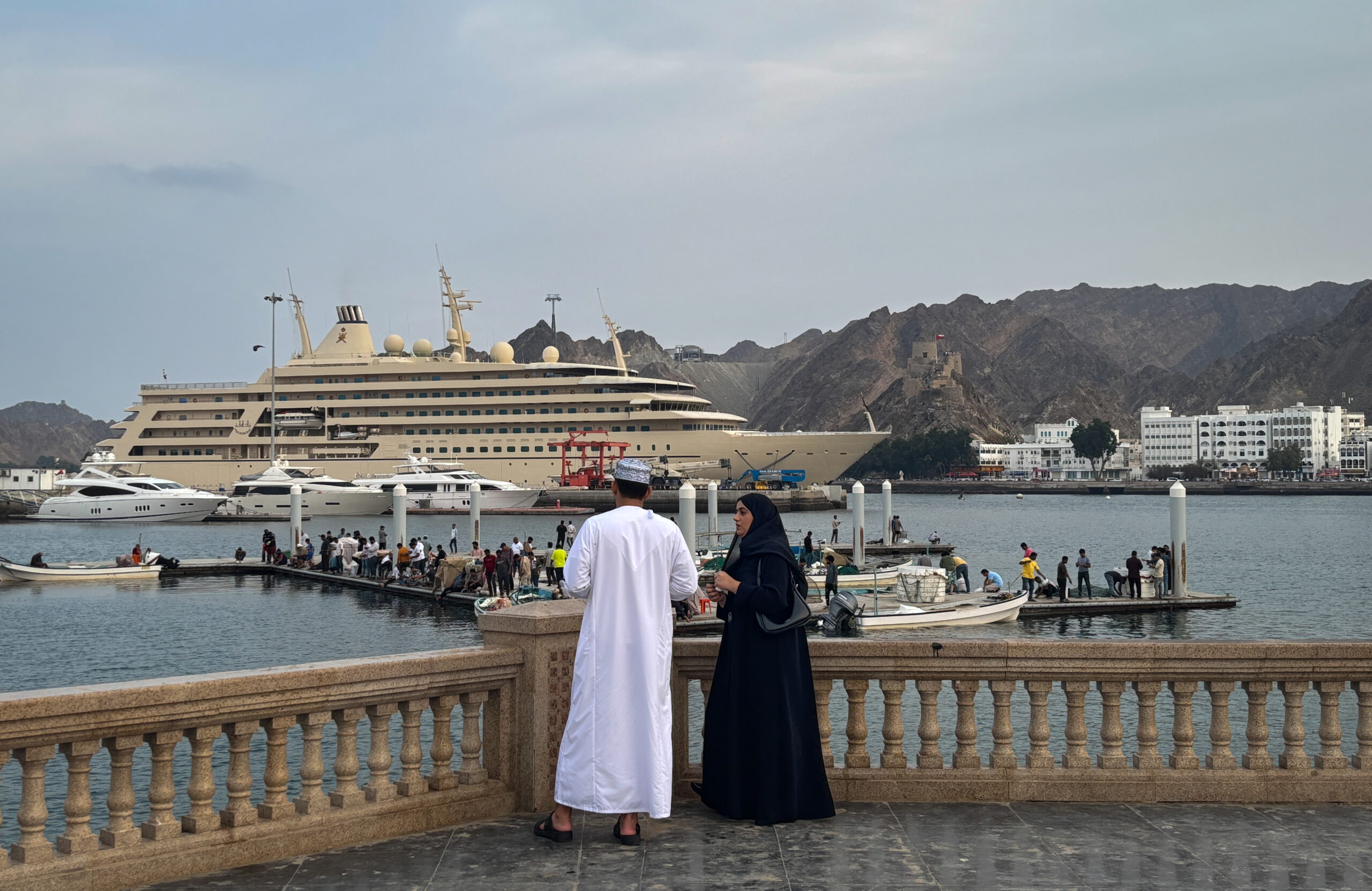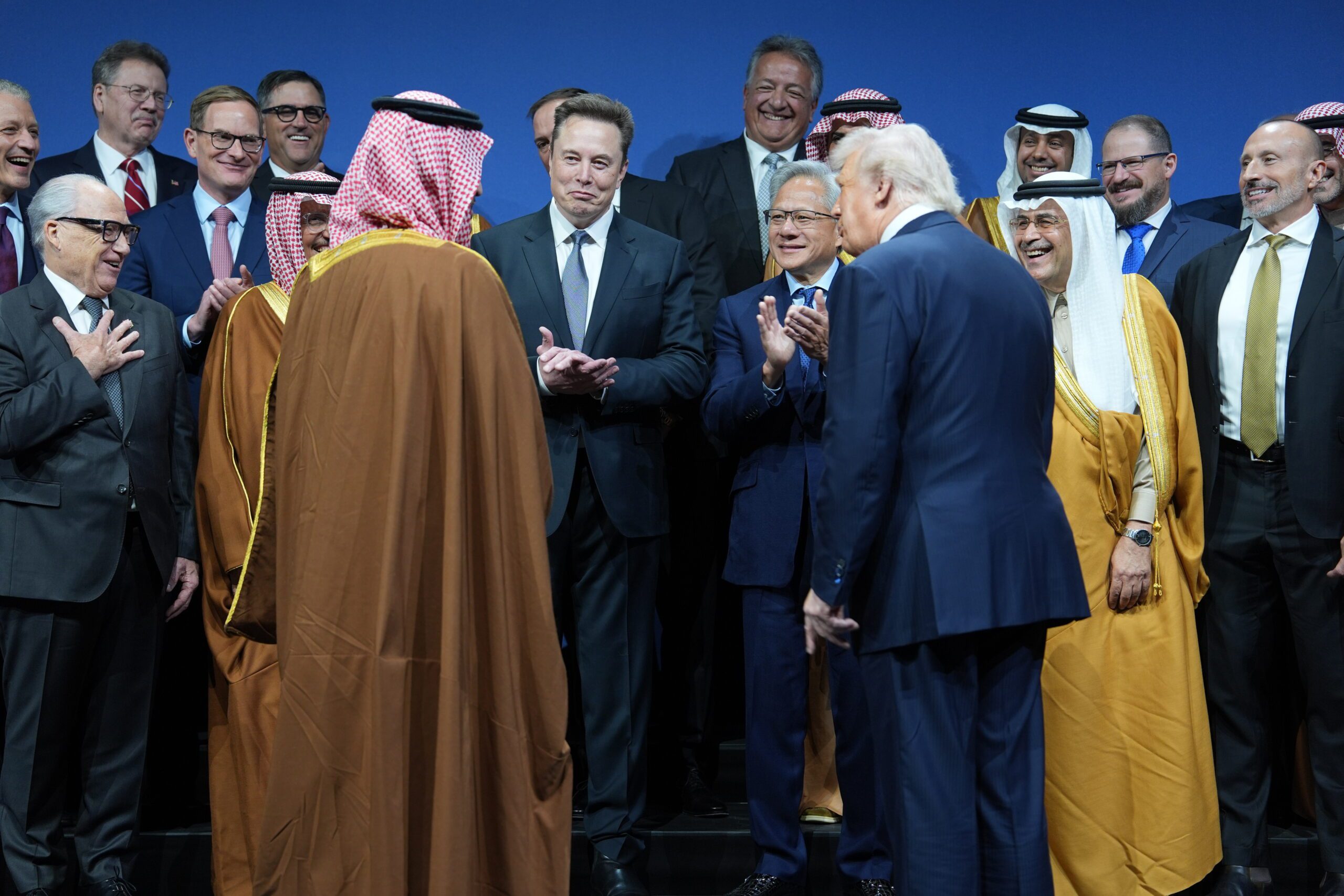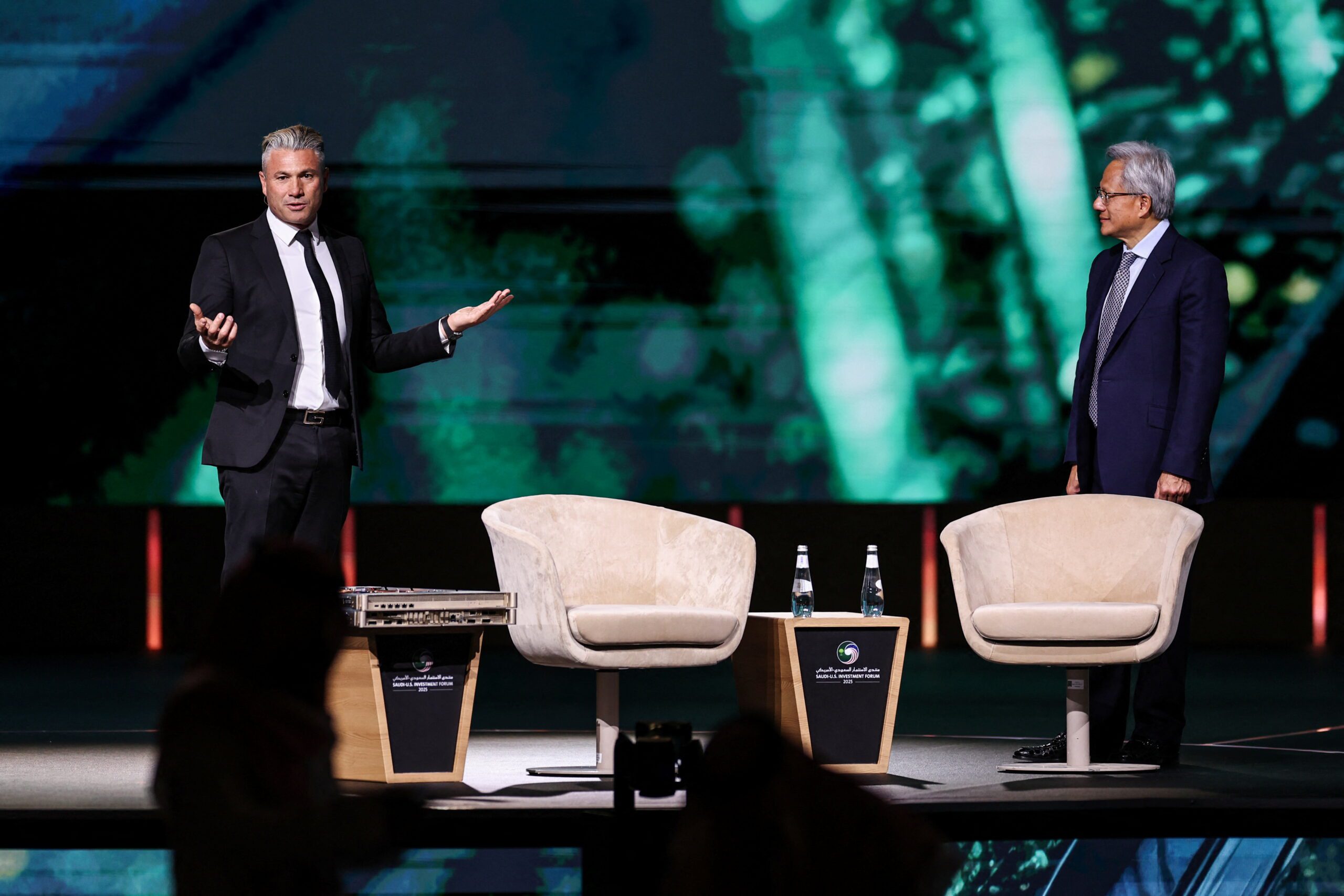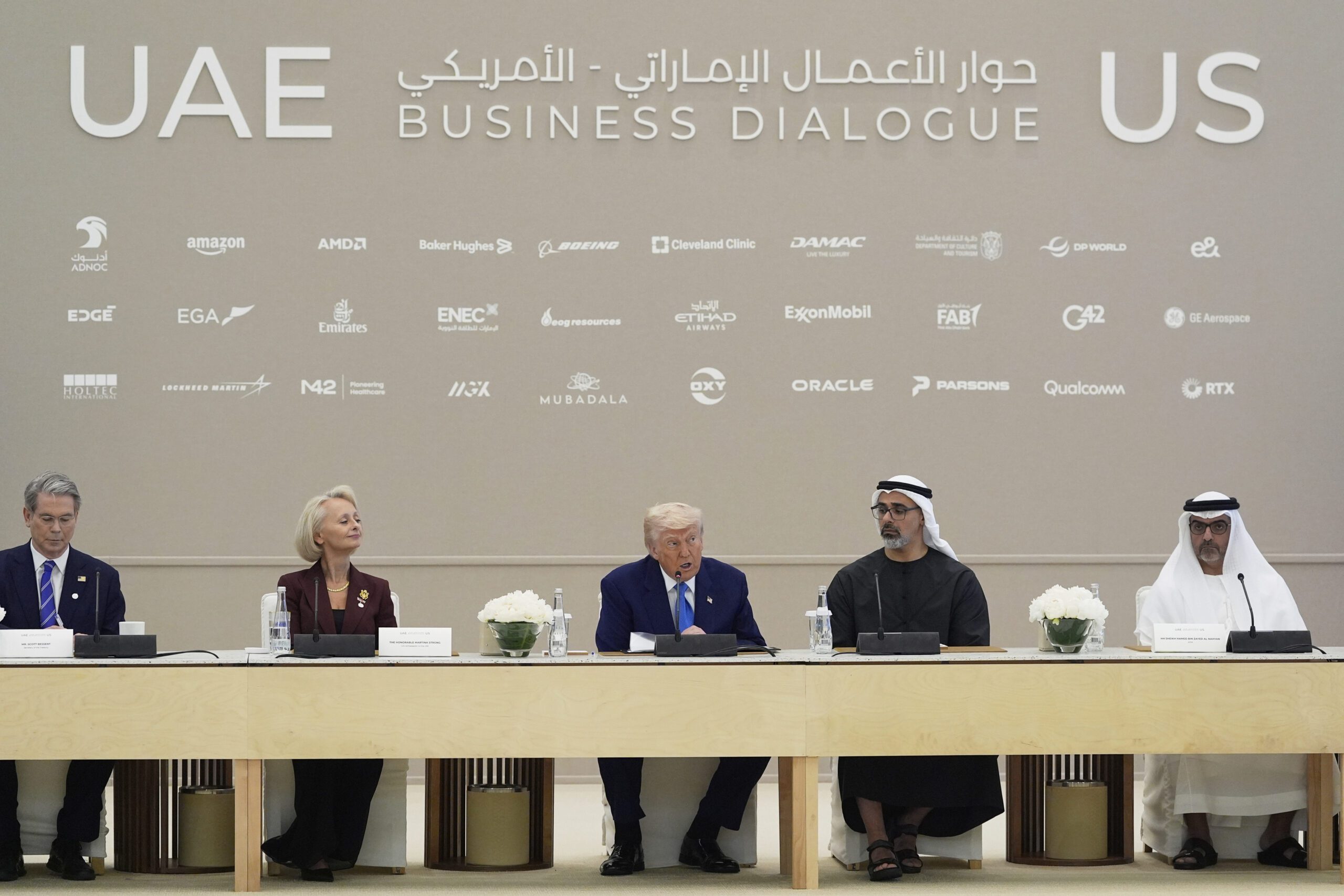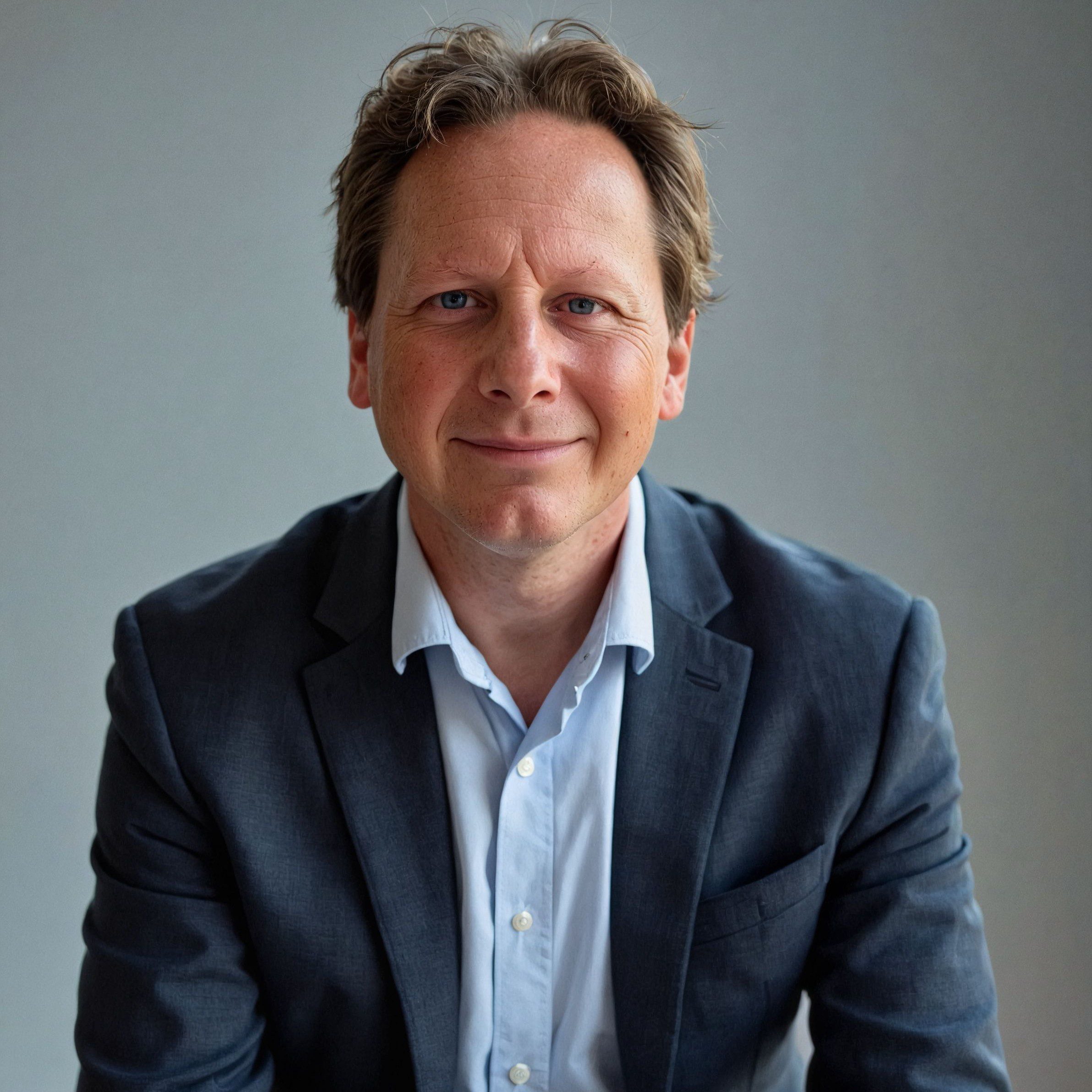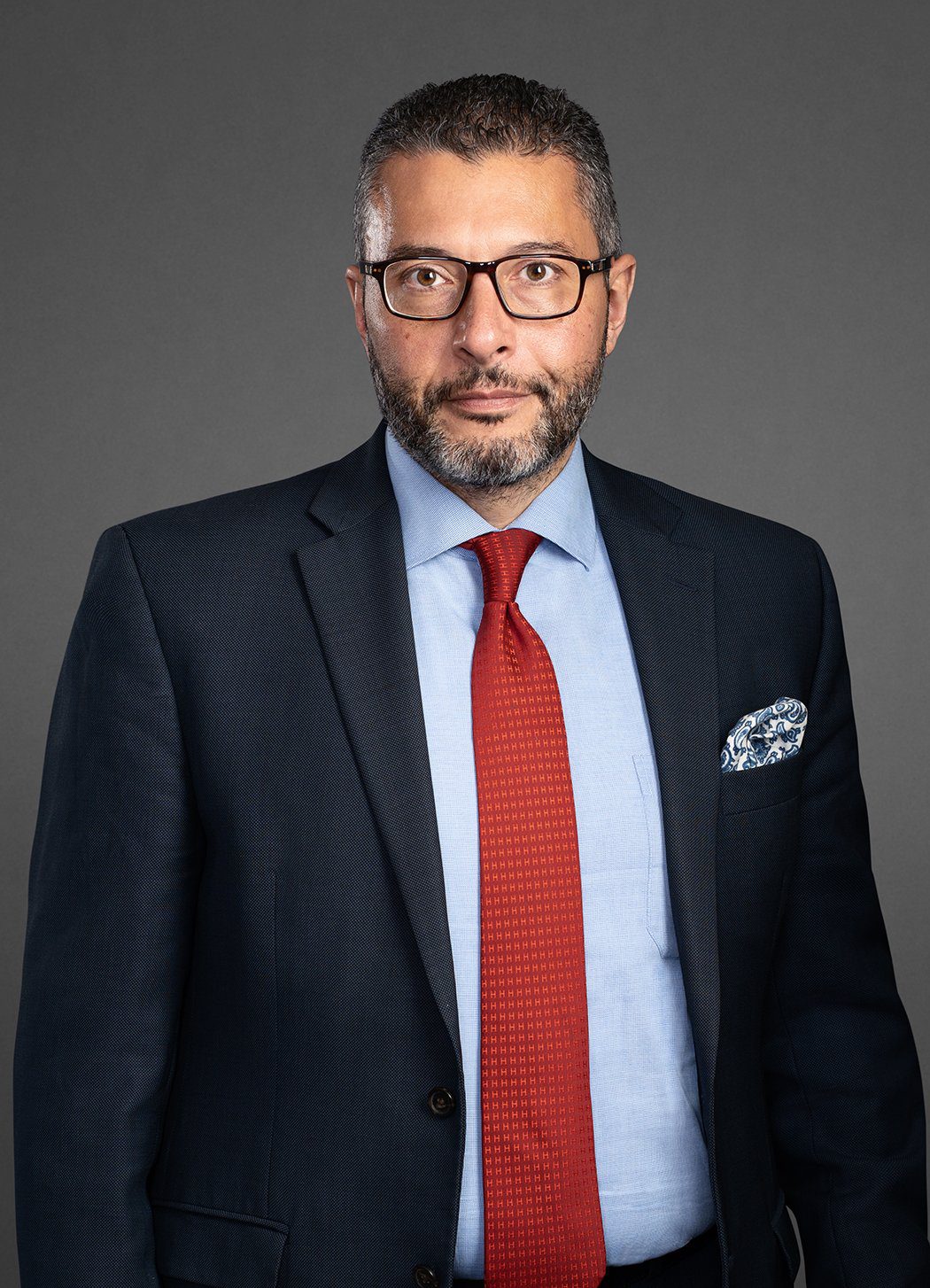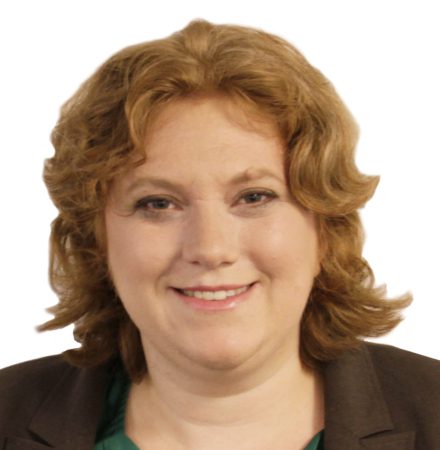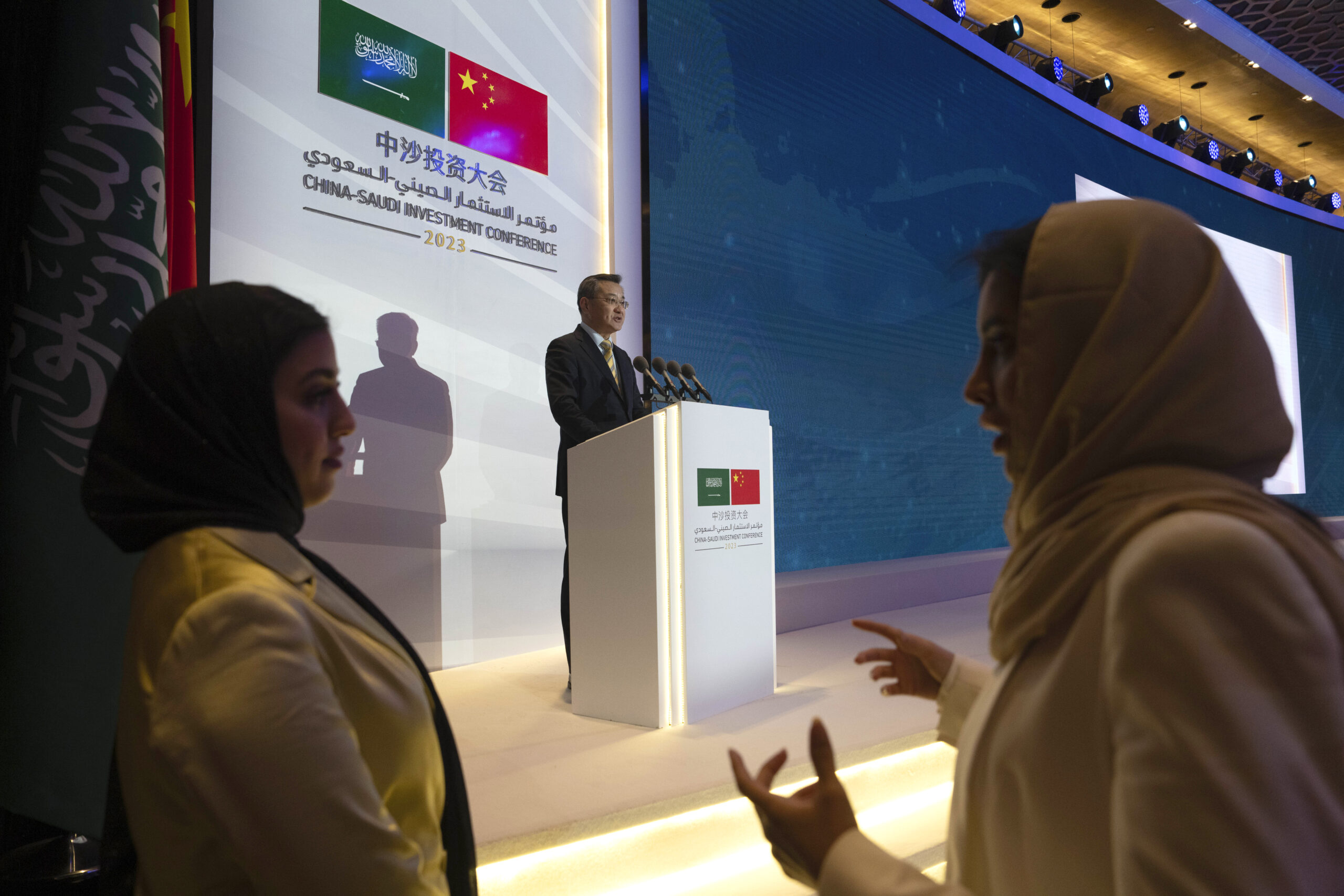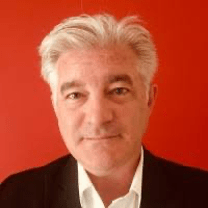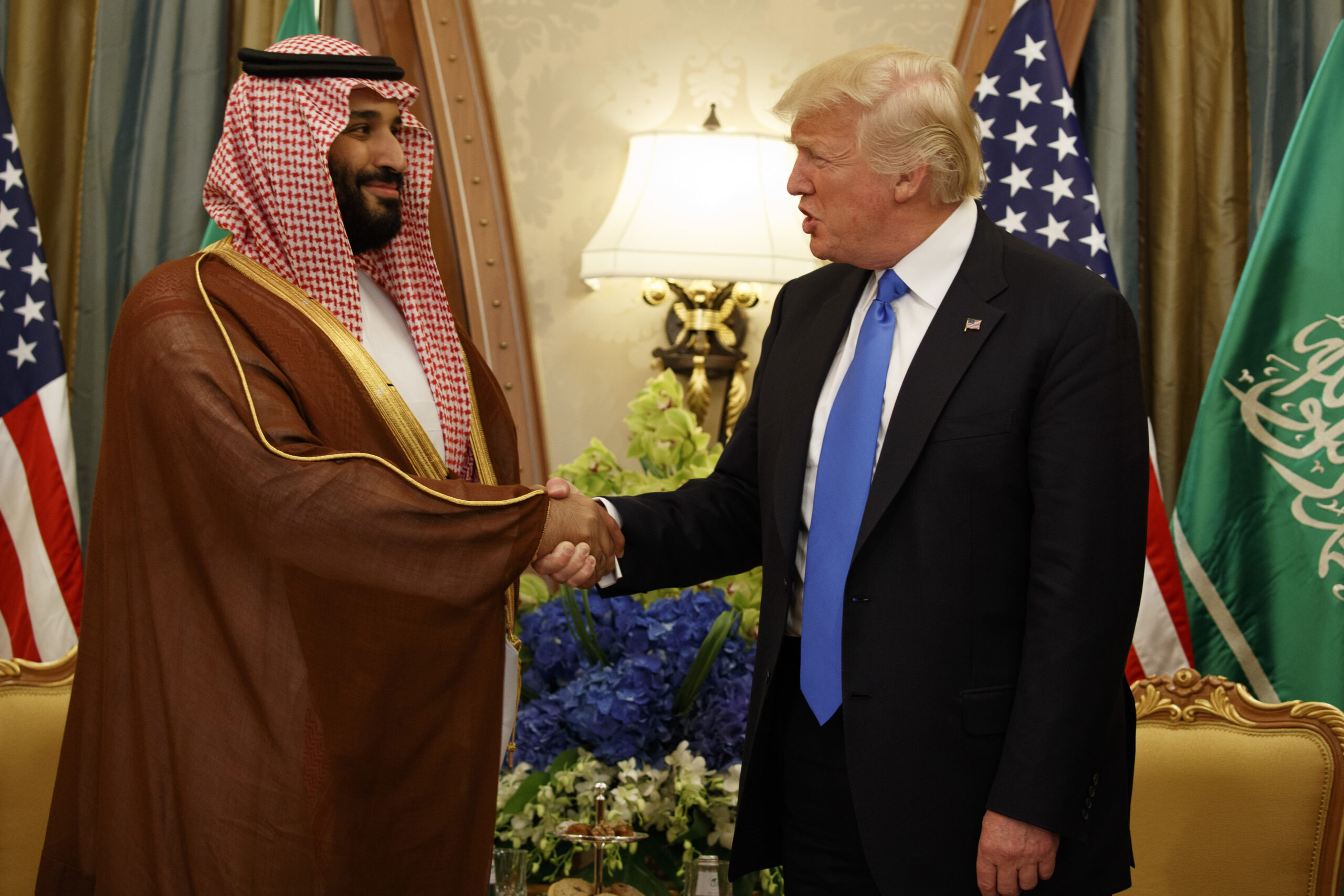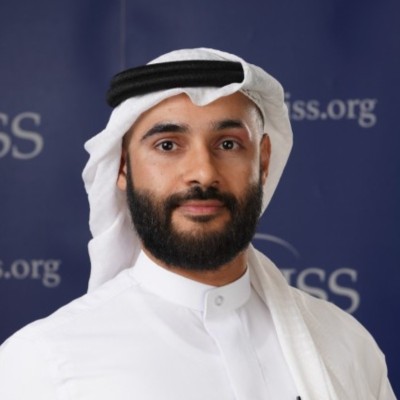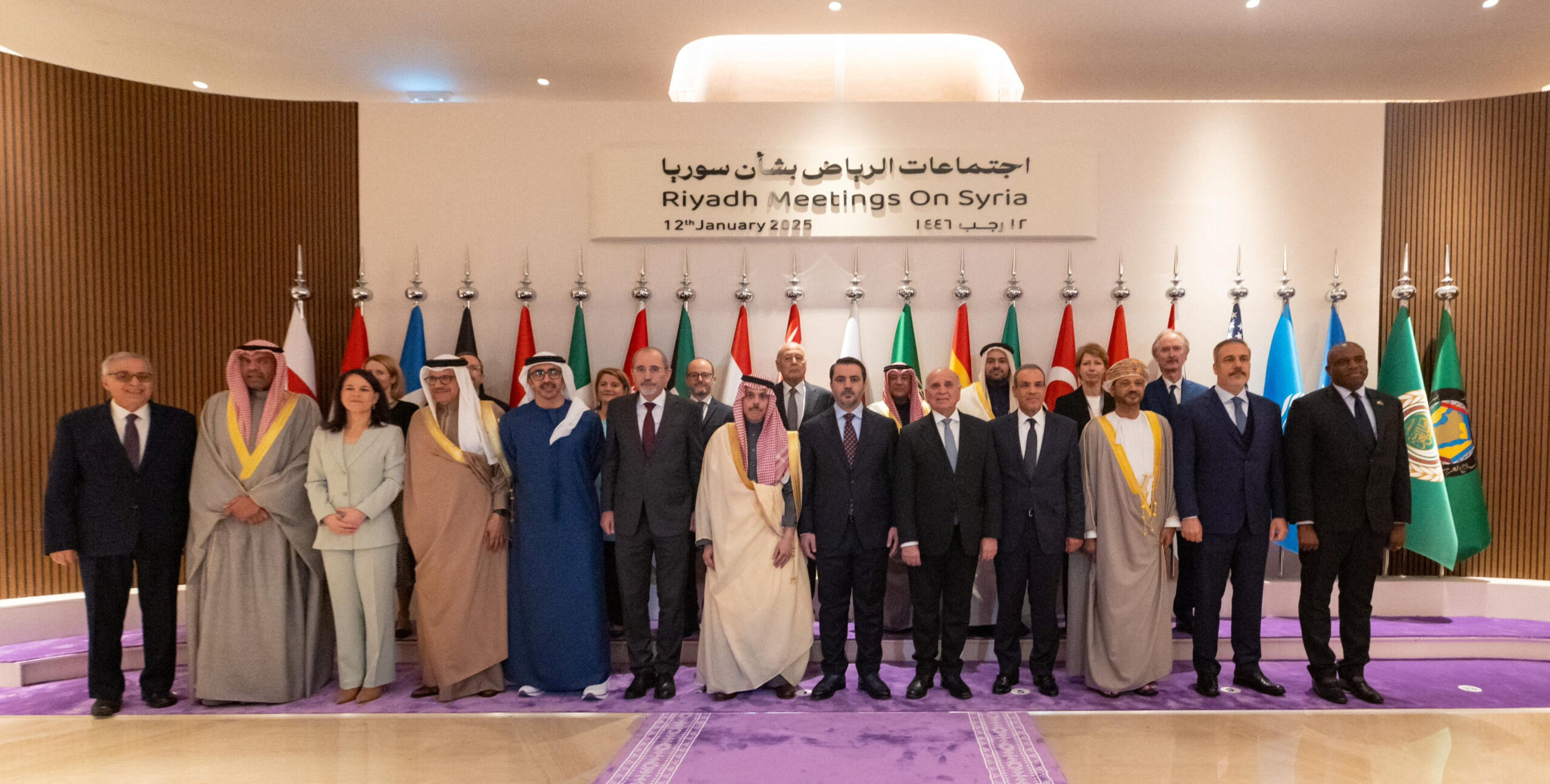Neom Is Becoming a Destination of Destinations
The longer-term desirability of Neom’s destinations depends largely on the fast-changing domestic environment within Saudi Arabia, yet a tough regional neighborhood will keep Saudi planners on their toes.
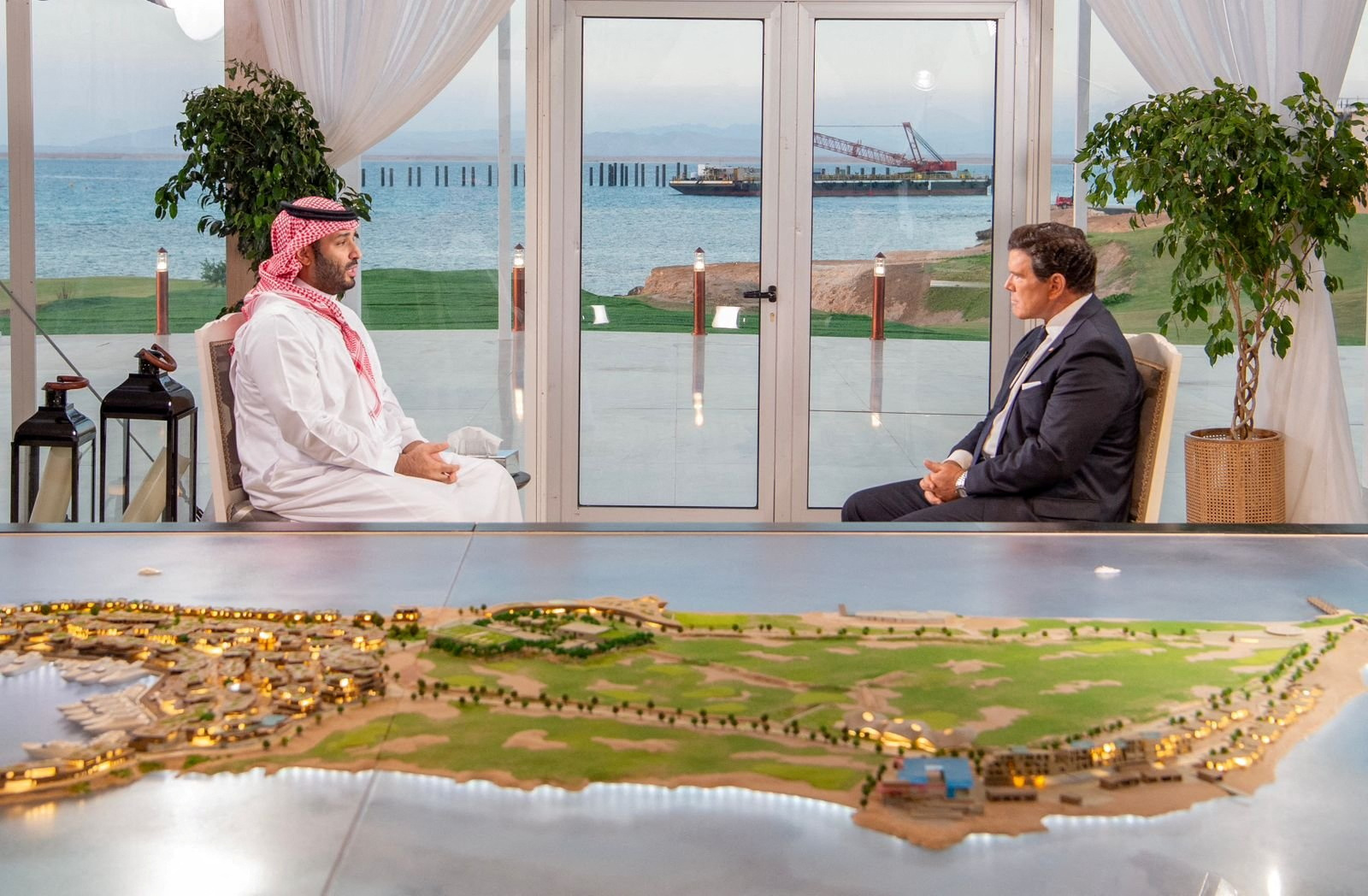
There is little to suggest that the astonishing pace of development announcements at Saudi Arabia’s Neom will slow in 2024. Instead, Neom’s planners announced in January a luxury ecotourism retreat called Zardun as well as a “subterranean digitized community of the future,” dubbed Aquellum. On December 27, 2023, Neom unveiled Norlana – an exclusive “ultra-modern active lifestyle community.” The announcement of Utamo, an immersive destination for art and entertainment, on December 13, 2023 reflected yet another of Neom’s efforts to create a “truly unique experience” while simultaneously supporting sustainable development. Similar luxury, ecotourism locations within Neom – Leyja, Epicon, and Siranna – have emerged as conceptual projects in recent months. Also in December 2023, Neom launched a food company, Topian, which aims to foster “a vibrant community of scientists, industry experts and innovators,” and completed the ownership transfer and rebranding of Al Suqor Club to Neom Sports Club.
These latest developmental trajectories of Neom progress far beyond the contours of its initial conception. Crown Prince Mohammed bin Salman launched Neom in 2017, quickly making the ambitious project a cornerstone of his Saudi Vision 2030 and its associated economic and social transformations. The earliest Neom plans envisioned a Saudi special economic zone incorporating Egyptian and Jordanian territory; however, the transnational dimensions of the project eventually faded away.
In 2021-22, The Line (experimental urban living), Oxagon (a floating industrial city), Trojena (sustainable mountain tourism), and Sindalah (a luxury island for yacht enthusiasts) emerged as distinct zones, or destinations, within Neom. All these initiatives are ongoing alongside more recent announcements. On January 15, 2023, Neom awarded Italian contractor WeBuild a $5.33 billion contract to build dams in Trojena, where the 2029 Asian Winter Games are slated to be held. Meanwhile, the Neom Green Hydrogen Company plans to begin operations at the world’s largest green hydrogen plant in 2026.
Neom acts as a bellwether for the most ambitious elements of Vision 2030. Residential, industrial, tourism, commercial, and renewable energy infrastructure subprojects are being developed concurrently within the same – albeit large – geographic space. In some cases, subprojects with a similar focus, such as luxury ecotourism, appear in several different manifestations. The more Neom expands in this fashion, the harder it may become to declare the project a comprehensive success, given the challenge of fitting together seamlessly all the pieces of this developmental puzzle. Yet, by the same token, a complete project failure becomes less likely as well. Demonstrated political commitment and strong financial support from the state will ensure that certain elements of Neom move ahead. While it is still too early to fully assess Neom and its various subprojects, it is clear that Neom is becoming a destination of destinations.
This stage of Neom’s development comes at a delicate economic moment. The oil and gas sector, which continues to serve as a critical source of Saudi government revenue and a significant slice of the economy, faces headwinds. Ongoing oil production cuts and expectations for weaker global growth in 2024 will weigh on Saudi government revenue and overall growth. Emirates NBD expects headline gross domestic product growth will reach 0.7% in 2024, though non-oil growth is chugging along at a healthy rate, having registered around 4% in 2023 and likely to stay at a similar level in 2024.
The U.S. Energy Information Administration forecasts average annual crude oil prices in 2024 and 2025 to remain near those of 2023, when Brent crude averaged $82 per barrel. This price estimate by no means reflects a crisis level for Saudi Arabia, but Emirates NBD does place the country’s 2024 breakeven oil price at a significantly higher $104/bbl. Saudi officials estimate their financing needs at around $23 billion in 2024, and Saudi Arabia issued $12 billion in international bonds in early January.
Building a destination of destinations at Neom is an expensive undertaking that will entail continued state spending over decades. A $500 billion price tag emerged early in the project’s lifecycle, though Neom’s parameters have changed substantially since then. According to the Public Investment Fund, the first phase of Neom will cost a somewhat more precise $319 billion, with around half of the financing coming from the Saudi sovereign wealth fund. Saudi officials previously indicated a desire for an initial public offering to take place in 2024, but it is unclear whether those plans are still on track.
A closer look at the destinations within Neom reveals the underlying importance of the tourism sector – not just for the feasibility of this PIF-backed gigaproject but also for the broader Saudi Vision 2030. Indeed, the vision’s website presents “Tourism & Heritage” as a case study for progress. The Ministry of Tourism oversees a National Tourism Strategy seeking to grow the tourism sector’s share of GDP to 10% and create 1.6 million jobs by 2030. These tourism ambitions – realized through Neom and other projects with a strong tourism dimension – are neither cheap nor easy undertakings. The minister of tourism, Ahmed Al Khateeb, said the government is targeting $800 billion of investments in the tourism sector over the coming years and 100 million annual visits to the country by 2030.
In addition to international tourists and local visitors, the exclusive communities and urban living experiments in Neom will require longer-term residents interested in purchasing real estate. The luxury and futuristic focus of these residential developments suggests that high-net-worth individuals constitute a key target demographic, along with highly skilled expatriates. There exists some room to tap deep pockets of domestic wealth within Saudi Arabia, but fresh inflows of investment capital, private wealth, and global talent from the broader Gulf region and beyond are needed as well. The Neom Bay Airport currently operates international flights to Dubai, Doha, and London – three important hubs of global wealth and connectivity. Deeper Saudi engagement with the BRICS bloc of countries may also support wealth and talent attraction efforts. China has 780,000 individuals with more than $1 million, and India has 344,600, according to Henley & Partners. In January, Saudi officials expanded the Premium Residency Permit scheme to include new groups of expatriates eligible for long-term residency, including real estate owners or investors.
Yet continued regional tensions help neither Saudi tourism plans nor global wealth and talent attraction efforts. The Israel-Hamas war and Houthi attacks in the Red Sea have raised the regional temperature once again. These crises come on the heels of concerted Saudi efforts to ease tensions in the region such as its rapprochement with Iran and search for an exit from the Yemen war. The longer-term desirability of Neom’s destinations depends largely on the fast-changing domestic environment within Saudi Arabia, yet a tough regional neighborhood will keep Saudi planners on their toes.
The views represented herein are the author's or speaker's own and do not necessarily reflect the views of AGSI, its staff, or its board of directors.

